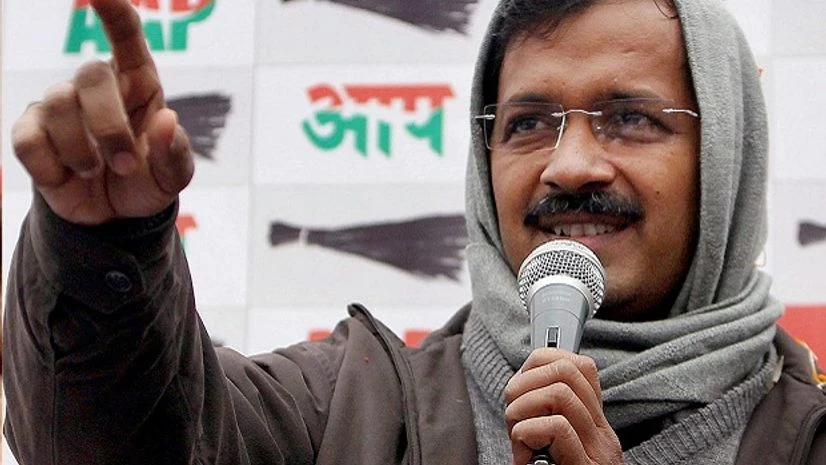Aam Aadmi Party (AAP)-led Delhi government’s latest attack on Reliance Infra-promoted BSES — one of the power distribution companies in the city — is likely to backfire at them.
The government, after writing a stinking letter to the promoter Anil Ambani, has now threatened that they will revoke the licence of BSES. Before the government takes this step, it would have to pay the discom close to Rs 16,000 crore. This is the amount of Regulatory Assets of BSES alone that have accumulated over the years when the Delhi Electricity Regulatory Commission either disallowed tariff hike and/or the government halved the power prices. For all the discoms, it totals upto Rs 30,000 crore.
Power distribution in Delhi is managed by private companies. The three private distribution companies in Delhi are Tata Power Delhi Distribution Limited (TPDDL), Reliance Infra promoted BSES Rajdhani Power Limited (BRPL) and BSES Yamuna Power Limited (BYPL).
Delhi government halved the power tariffs after coming to power last year. The power tariff in Delhi has not been hiked since 2014.
Revoking the licence would also mean that the operations of this discom would go back to Delhi Electricity Supply Utility (DESU) which was dismantled 15 years back to offer power distribution to private companies.
The three discoms — TPDDL, BRPL and BYPL had requested a hike of 7.42%, 7.26% and 17.01%, respectively, last year in November. DERC in its notification dated November 13, 2014 approved a tariff hike on the total monthly bill in range of 4.5% to seven%. This was rolled back and for past two quarters, no hike has been approved.
Delhi Chief Minister Arvind Kejriwal-led Aam Aadmi Party halved the power bills of Delhi consumers according to their poll promise in February after they came to power. The reduction would now be on the increased rates, said executives in the distribution companies.
More From This Section
In a strongly-worded letter addressed to Anil Dhirubhai Ambani, the power minister, government of NCT of Delhi, Satyender Jain said, “The performance of BSES has been atrocious.” Jain has alleged that power supply and tariff situation in areas with BSES in Delhi has worsened.
“They were handed over the responsibility of power distribution of two-thirds of Delhi in 2002. The expectation was that you will bring down tariff and install a world class power system in the capital city of Delhi. However, you have failed to do so,” said the letter dated June 14.
It also said there are also allegations of corruption and financial irregularities including siphoning off funds by your companies (BSES). The letter, reviewed by Business Standard, said BSES is fudging data to hide the unprecedented power outages and local faults in the city, despite surplus power available.
After the privatisation of the Delhi power distribution, the technical and commercial loss was reduced to 14% in FY 14-15 from 55-60% in 2002.
The discoms executives said that it resulted in savings to GoNCTD in excess of over Rs 35,000 crore. However, with minimal or nil tariff hike, the revenue gap has increased to Rs 30000 crore, primarily on account of the increase in power purchase cost and non-cost reflective tariffs.

)
